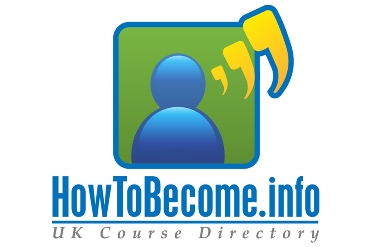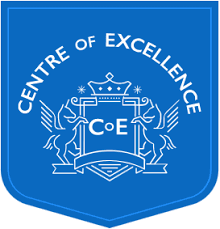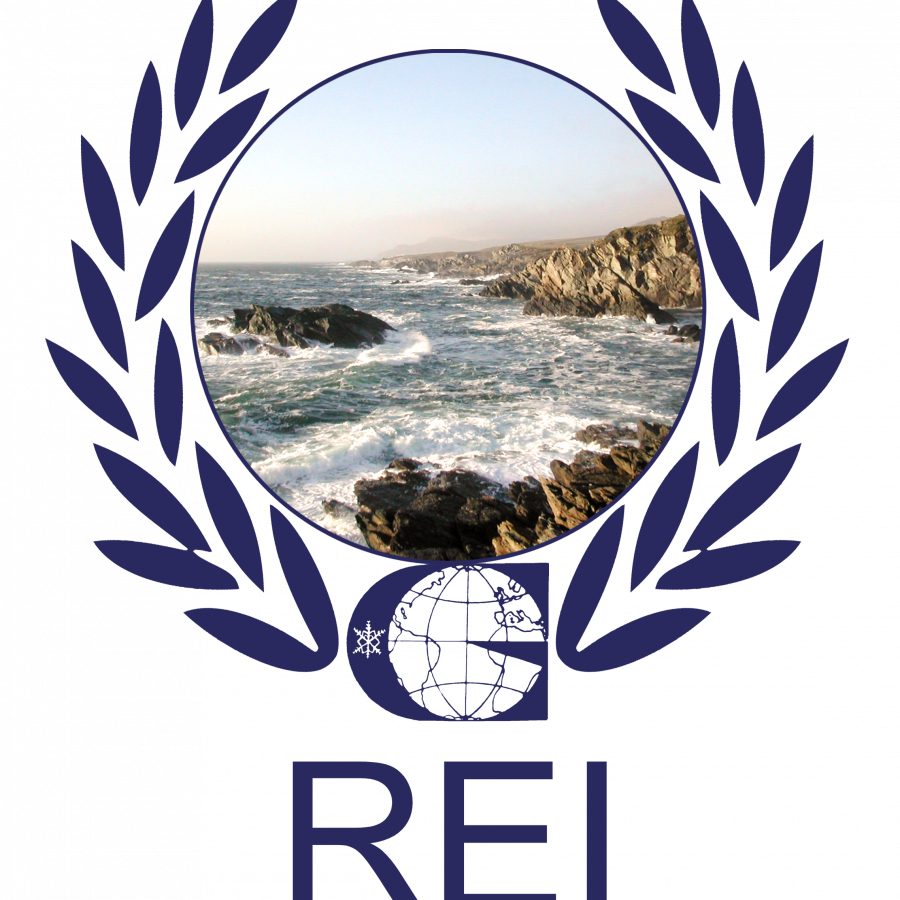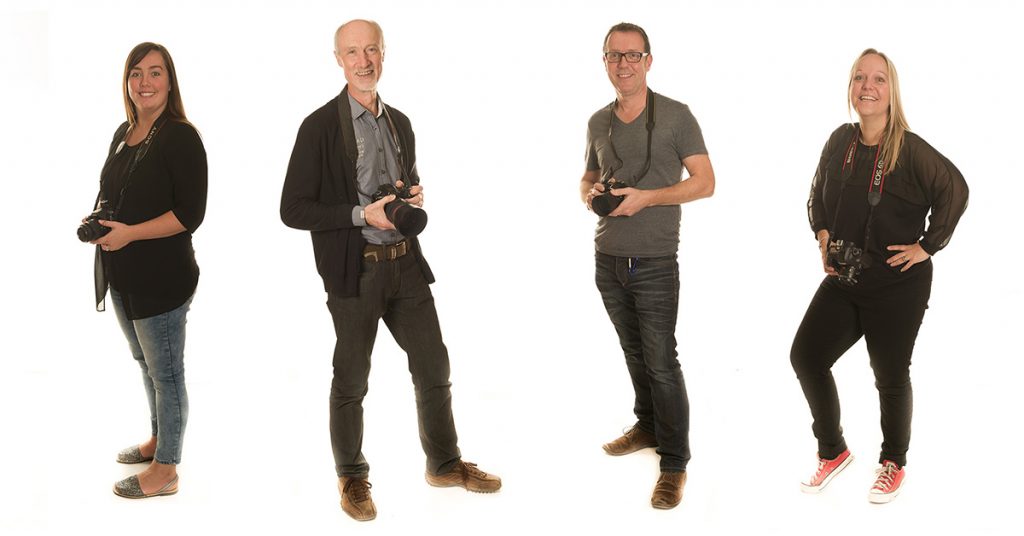Who would benefit from this life coaching diploma course?
This course is suitable for anyone who wants to develop a coaching practice or use coaching skills in their line of work.
What will you learn?
There are many definitions of coaching and as you develop with us as a coach you will no doubt work out your own best way of explaining to others what coaching is.
At the heart of coaching is the idea that it is a form of personal intervention that is future-focused, goal orientated, and concerned with enabling others to move forward with their lives or businesses more effectively than if they were doing this alone.
5 Key Reasons to train as a life coach
- Enhance your current job so you can really make a difference in your organisation
- Implement a coaching culture in your current business to improve communication, service and sales
- Transform your career – secure a job that requires coaching skills, experience and qualifications
- Personal development – improve your confidence and communication to improve relationships with friends, family and colleagues
- Be in control of your own destiny – start your own specialist coaching business
We offer affordable internationally accredited coaching training at diploma level.
Upon completion of the Coaching Diploma Course, you will receive an internationally accredited certification to practice coaching for Business Coaching, Life Coaching, Sports Performance Coaching and Health Coaching. Train to become a coach and begin your coaching business right away or use it alongside your other career, giving you a second income and some protection should you lose your job.
This is a distance learning course which includes full course training materials: Course manual, e-books, course assessment worksheets and free monthly practice sessions of the techniques held in Manchester. (The free monthly practice session groups are optional and not essential for completing the course)
What does coaching comprise of and how has it developed?
Coaching has gone through a metamorphosis over time, moving from:
- The Instructional level – emerging from sports coaching and the world of instruction on how to do things better, mentoring beginners in a new profession or role.
- Coaching for emotional skills and resilience in developing the capabilities to withstand demands and changes in the workplace.
- Coaching for how to learn. The facilitation of the awareness of styles and methods of acquiring, storing and applying information.
- Transformational Coaching – a place for questioning assumptions, developing a place for critical reflection, where one can work with thinking feeling behaviour and physiological implications of life and business events.What makes our Coaching Training especially effective is that our training programme applies to all four levels and it is experiential as well as based on sound theoretical models.
- Coaches provide support, structure and encouragement to help clients fulfil their potential, make the most of their lives and move forward in the areas which they want to change – for example in their relationships, careers, fitness/sport, work-life balance or self-confidence.
- By observation, listening and questioning, coaches explore with clients their situation, values and beliefs. They work with clients to find ways in which they might achieve their aims and help them to set appropriate goals. By remaining supportive and non-judgmental, life coaches encourage clients to maintain motivation and commitment and to find ways of overcoming barriers and setbacks. They may challenge assumptions through constructive feedback, but do not tell clients what to do; their main aim is to empower clients to take control of their life by finding answers for themselves. They may sometimes suggest referral to an appropriate therapist if a client agrees that they would benefit from this.
- Coaches may work with individuals, groups or in a business environment. Some offer a general service, others specialise in a particular area such as executive and business coaching, life coaching, sports performance or health coaching. Coaches are able to set their own working hours. They usually work from home or an office. Life coaches usually work in weekly sessions lasting between 30 minutes and an hour, but this is negotiable with the client. Sessions can be conducted face to face or often over the phone or online. Additional time will be spent for each session in preparation and review.
To be a life coach you should:
- Be patient, positive and encouraging
- Have good knowledge of human behaviour
- Have an excellent questioning and listening skills
- Be able to build rapport and trust with clients
- Have a non-judgmental approach
- Be impartial and non-directional
- Have the ability to solve problems creatively
- Be able to maintain confidentiality
Coaches earn on average £50 to £75 a session although some may earn up to £250 an hour, particularly for corporate work. They may take the client’s financial circumstances into account when charging.
Entry Requirements for the Diploma in Coaching Course
To qualify for entry to the Diploma in Life Coaching Course, you should be over 18 and have good English reading and writing skills.



















Leave a Comment